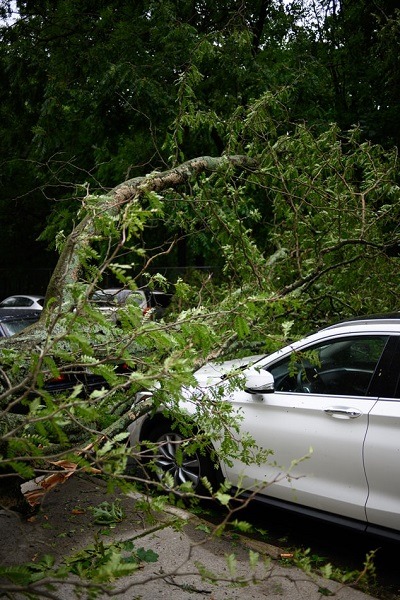No matter how careful you are on the road, there is still a chance that you will run into an accident or that your car will break down in the middle of the road due to mechanical complications. In order to stay prepared for such kinds of situations, you are recommended to pursue a coverage plan that would protect you against massive car-related expenses.
This is where vehicle warranty and insurance come into play. Despite both insurance and warranty providing you financial assistance with respect to your vehicle, the reason why you would spend time on vehicle warranty calls differs greatly from why you would reach out to an insurance provider.
In this article, you will learn the difference between car insurance and vehicle warranty, as well as find out which option would suit you better in the long run.
Manufacturer’s Warranty: What You Need to Know
A manufacturer’s or factory warranty is a limited-time coverage plan that is attached to a new car when it is bought. The said coverage plan would cover any and all repairs and replacements that stem from the carmaker’s fault.
Having a factory warranty covering your car for the first few years is a strong indication that the vehicle in question is reliable and that the automaker trusts it to accompany you in your riding ventures.
And let’s face it, a basic warranty plan is one of the key selling points of a new car.
Manufacturer’s warranty comprises two main types of coverages that are:
Bumper-to-Bumper Coverage: Covers everything between the front and rear bumper of a vehicle. Though, it doesn’t cover routine maintenance and wear-and-tear items. Typically, this type of warranty is valid on a new car for three years or 36,000 miles, depending on whichever feat is achieved first. However, numerous leading automakers have significantly extended the coverage period of the said type of warranty.
Powertrain Coverage: It comprises drivetrain, engine, and transmission. So, if any of these components fail before the expiration of this plan’s coverage period, you need not worry about the repair & replacement costs of these items.
Extended Auto Warranty: What You Need to Know
While the manufacturer’s warranty does a good job of covering your vehicle for a specific period of time, what happens once it expires? Do you simply accept that all future expenses pertaining to your car will be paid by you? Well, not exactly because there is another option.
The option we are referring to is an extended car warranty. Usually, such a warranty is purchased after the expiration of the factory warranty on the car. While it doesn’t exactly offer coverage to the same extent that the factory warranty does, it helps take care of numerous important repair and replacement costs. For example, if you own a BMW, an extended warranty can help cover the cost of genuine BMW parts, ensuring that your vehicle receives the highest quality components during repairs.
It’s worth noting that unlike the manufacturer’s warranty, the extended one comes at a price. The price varies according to different factors such as the company from which you are buying the warranty, the type of coverage plan, make and model of the car, etc. While many leading automakers offer extended auto warranty contracts, people usually buy these from third-party providers to save cost and ensure flexibility while negotiating the contract.
Extended auto warranties may also be transferable. However, to find that out, you will need to make a couple of vehicle warranty calls to the company you are buying from.
All things considered, an extended car warranty is an optional coverage plan but a recommended one.
Car Insurance: What You Need to Know
Unlike vehicle warranty, typical car insurance isn’t known for paying for repairs and replacements if the car undergoes mechanical or component-related issues. In fact, car insurance provides you with financial aid in case your car gets stolen or damaged in a collision, accident, natural disaster, etc.
Additionally, car insurance assists the affected party with claims so they could receive compensation for injuries and other damages incurred due to no fault of their own.
Unlike extended auto warranty, car insurance is a legal requirement imposed by multiple states across the US.
Listed below are a few main coverages that fall under the car insurance policy:
Liability Coverage: Covers (to an extent) medical bills as well as property damage costs for which you were at fault.
Collision Coverage: Covers the costs required to repair the car after it has run into a collision. The party at fault would pay for these damages.
Comprehensive Coverage: Offers financial aid when your car is impacted by circumstances beyond your control such as fire, falling of a tree, etc.
Car Warranty vs. Car Insurance: What Should You Go for?
It has been observed that car enthusiasts mostly opt for extended warranties when given the choice between a warranty and insurance. The reason behind this is that extended auto warranties typically offer more coverage options than standard car insurance. Moreover, warranty contracts tend to be more flexible.
Apart from that, leading warranty providers offer unrivaled customer support services when you reach out to them via vehicle warranty calls.
However, if you can get your auto insurer to include a car repair insurance policy for you at an affordable price, then getting an insurance plan might not be a bad option either.

